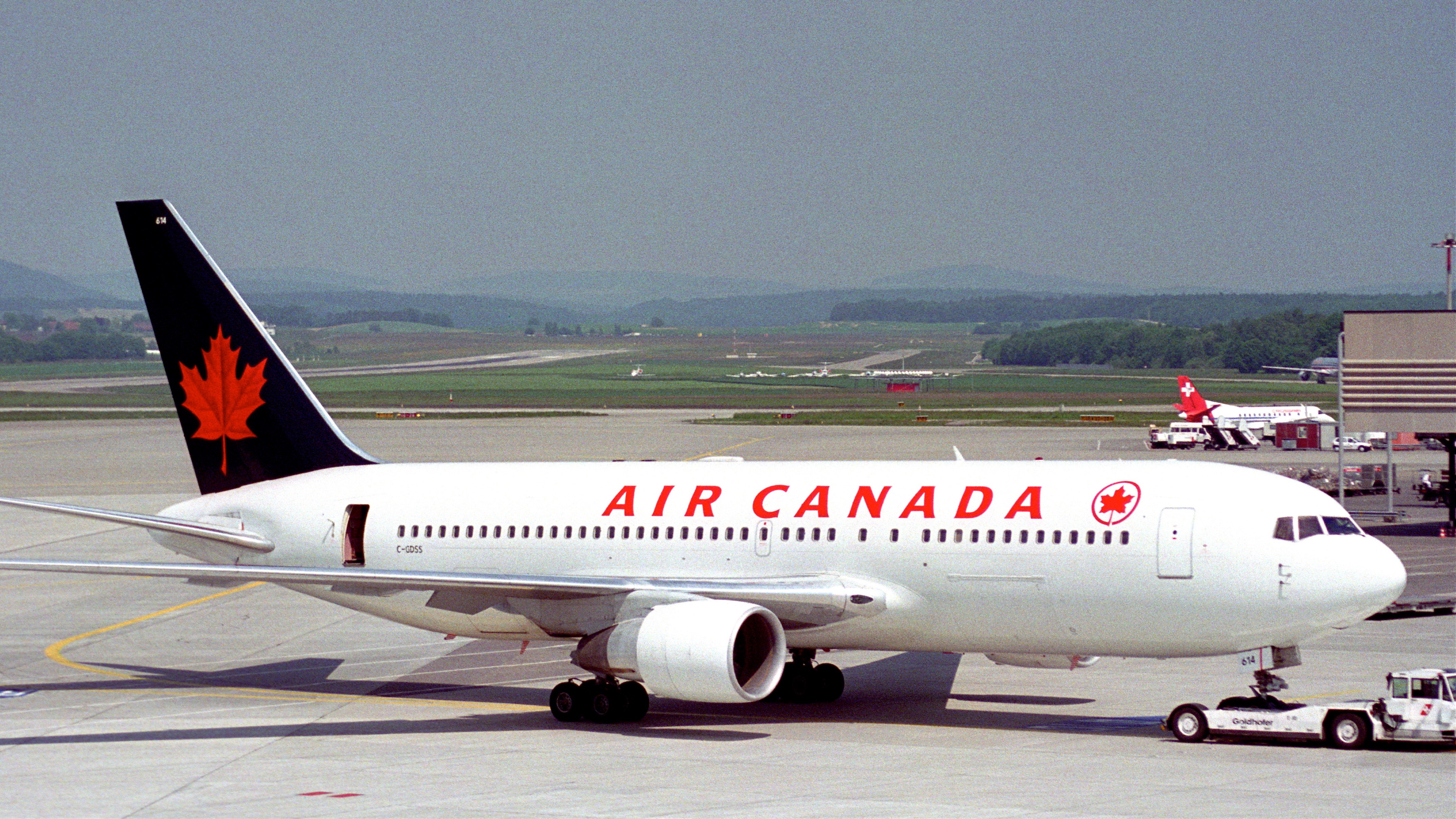Air Canada (TSX:AC)(TSX:AC.B) has seen its share price take off after the company released impressive second-quarter earnings earlier this month. At over $23 per share, the price is trading at an all-time high. After an incline of almost 70% in the past six months, the stock may be running out of upside.
Current valuation
With an earnings per share in the past 12 months of $3.04, the stock is trading at a multiple of about 7.5 times its earnings. From a price-to-earnings standpoint, the stock is not very expensive and is even less expensive than WestJet Airlines Ltd. (TSX:WJA), which trades at a multiple of over 11. However, when looking at its price-to-book value, Air Canada trades at more than five times its balance sheet value. By comparison, WestJet’s stock trades at just 1.4 times its book value.
From an earnings perspective, Air Canada looks to be a good value investment, but when taking into account book values, the stock’s price looks much more expensive.
Future outlook
In its last quarter, Air Canada’s revenue grew by over 13% from the previous year, while net income was up over 61%. For four straight years, the company has seen its revenue increase, while its bottom line has also increased for three consecutive years. It is no coincidence that as oil prices have gone down, profitability has increased for the airline.
In addition to oil prices, consumer demand and increased competition will have the greatest impact on how Air Canada will perform and how well it can continue to grow.
At this point, I would be surprised to see much more of a decline in the price of oil — certainly not the sharp decline that has happened in the past three years. Consumer demand might be impacted by rising interest rates, especially if another rate hike happens again this year. As interest rates rise and the cost of living increases for consumers, leisure activities, like vacations and air travel, might be the easiest expenses to cut.
Competition is also an increased threat; Flair Airlines is trying to steal market share from some of the big players. However, new entrants seem to have more of an impact on WestJet than Air Canada, but that can certainly change. Air Canada still enjoys some moat because of the barriers to entry, but that is starting to change as the government has eased restrictions on foreign ownership. With fewer ownership restrictions that could pave the way for more foreign investment into an industry that has lacked significant competition for years.
Bottom line
Air Canada is not a stock that I think will have more upside going forward, and as competition more easily penetrates the market, the company’s bottom and top lines will likely suffer. If you’ve already made a good profit on the shares, it might be a good idea to cash out, since the stock may have run out of upside in the short term while the long term provides little reason to expect better results.









